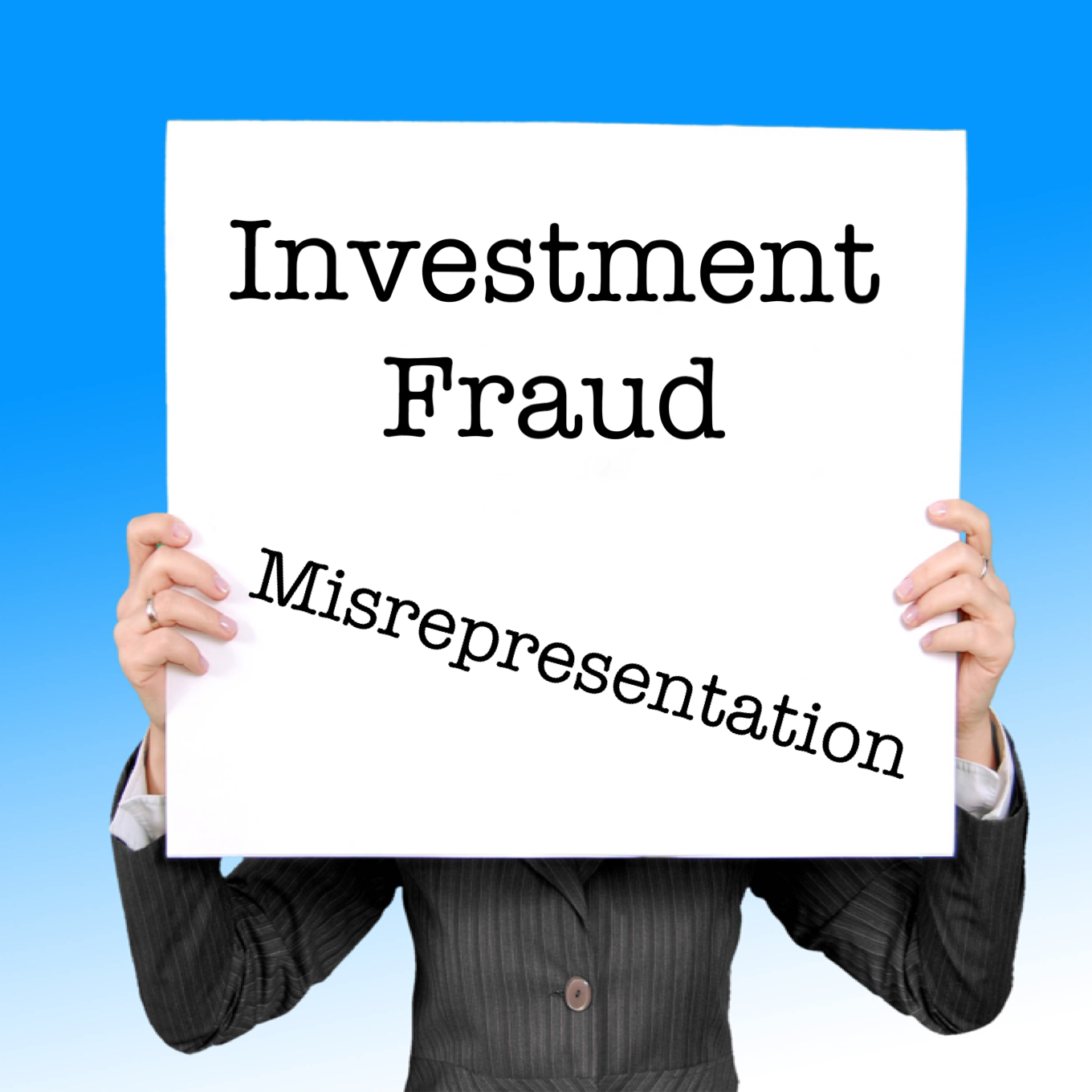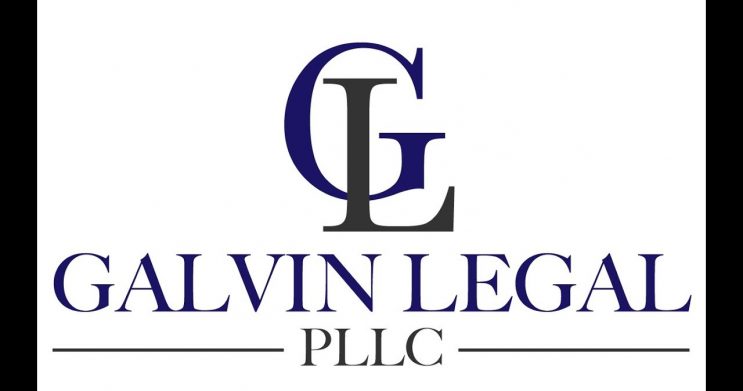
Did you lose money investing in American Community Properties Trust?
Galvin Legal, PLLC is launching an investigation on behalf of investors who may have suffered losses investing in American Community Properties Trust at the recommendation of their financial advisor. If you suffered losses investing in American Community Properties Trust, then Galvin Legal, PLLC may be able to help you recover your losses in a Financial Industry Regulatory Authority (“FINRA“) arbitration claim against the broker-dealer and/or registered representative that recommended the investment.
If you suffered losses and would like a free consultation with a securities attorney, then please call Galvin Legal, PLLC at 1-800-405-5117.
What are Real Estate Investment Trusts (REIT)?
A Real Estate Investment Trust (“REIT”), such as American Community Properties Trust, is a complex investment that is generally only suitable for sophisticated high-net worth investors, and then only in certain circumstances. A REIT is an entity that owns, and may also manage, income producing real estate. The REIT’s pools capital from multiple investors and uses it to purchase properties, similar to mutual funds and other pooled investment vehicles.
A Real Estate Investment Trust can be offered in several different forms. A Public Exchange Listed REIT is registered with the U.S. Securities and Exchange Commission (“SEC”) and is publicly traded on a national securities exchange. A Public Non-Listed REIT is registered with the SEC, but does not trade on a major securities exchange. Finally, a Private REIT, also known as a private-placement REIT, is not registered with the SEC and does not trade on a national securities exchange.
If you suffered losses and would like a free consultation with a securities attorney, then please call Galvin Legal, PLLC at 1-800-405-5117.
American Community Properties Trust Due Diligence Requirement
FINRA requires brokerage firms to conduct due diligence on investments, such as American Community Properties Trust, and to conduct a suitability analysis when recommending securities to a customer that takes into account the customer’s knowledge and experience. FINRA Rule 2111(a) states that “a member or an associated person must have a reasonable basis to believe that a recommended transaction or investment strategy involving a security or securities is suitable for the customer, based on the information obtained through the reasonable diligence of the member or associated person to ascertain the customer’s investment profile. A customer’s investment profile includes, but is not limited to, the customer’s age, other investments, financial situation and needs, tax status, investment objectives, investment experience, investment time horizon, liquidity needs, risk tolerance, and any other information the customer may disclose to the member or associated person in connection with such recommendation.”
Rule 2111 is composed of three main obligations: reasonable-basis suitability, customer-specific suitability, and quantitative suitability. Brokerage firms that fail to conduct adequate due diligence on investments they recommend, such as American Community Properties Trust, or that make unsuitable recommendations can be held responsible for the customer’s losses in a FINRA arbitration claim.
If you suffered losses and would like a free consultation with a securities attorney, then please call Galvin Legal, PLLC at 1-800-405-5117.
Request a Free Consultation with a Securities Attorney
If you suffered losses investing in American Community Properties Trust and would like a free consultation with a securities attorney, then please call Galvin Legal, PLLC at 1-800-405-5117.
This information is all publicly available and is being provided to you by Galvin Legal, PLLC.
Galvin Legal, PLLC is a national securities arbitration, securities mediation, securities litigation, securities fraud, securities regulation and compliance, and investor protection law practice. For more information on Galvin Legal, PLLC and its representation of investors, please visit www.galvinlegal.com or call 1-800-405-5117.

